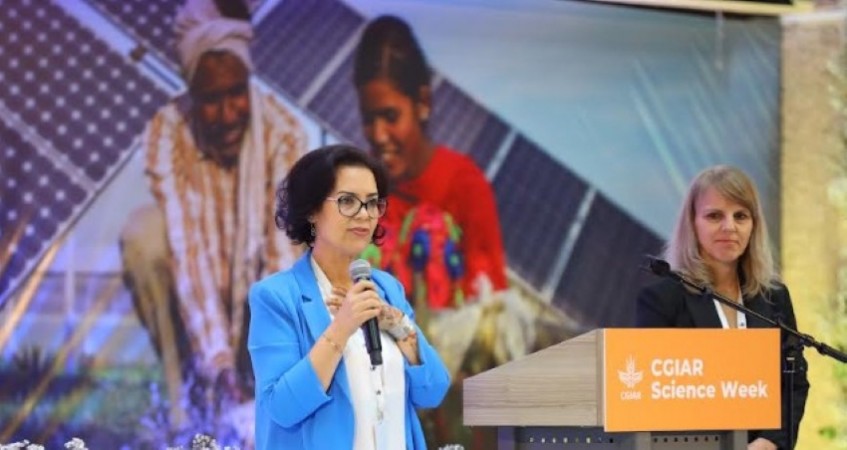
In a bold move to reshape the global food and agricultural landscape, the Consultative Group on International Agricultural Research (CGIAR) unveiled its first unified Research Portfolio for 2025–2030 during the inaugural CGIAR Science Week, held at the United Nations Complex in Nairobi.
The portfolio—CGIAR’s most integrated strategy to date—aims to tackle urgent global challenges such as food insecurity, water scarcity, biodiversity loss, and climate change. These crises disproportionately affect smallholder farmers in low- and middle-income countries, making the initiative both timely and critical.
Backed by a projected investment of $6 billion to $12 billion over the next five years, the strategy consolidates CGIAR’s global research efforts into eight science programs, one scaling initiative, and four accelerators. It aligns directly with the United Nations Sustainable Development Goals, the Paris Climate Agreement, and the Global Biodiversity Framework.
“This portfolio is not just about generating knowledge; it’s about driving impact through innovation, collaboration, and empowerment,” said Ismahane Elouafi, Executive Managing Director of CGIAR. “It reflects the real needs of farmers, communities, and policymakers on the frontlines of the global food crisis.”
Designed through broad consultations with governments, regional organisations, and local farming communities, the research agenda adopts a holistic approach, emphasising crop yields, nutrition, sustainability, and gender equity.
Dr. Sandra Milach, CGIAR’s Chief Scientist, highlighted key 2030 goals: lifting 31 million people out of extreme poverty, reducing hunger by 26%, and generating 92 million jobs. “We're not just breeding for quantity anymore,” she noted. “We're integrating nutritional value, environmental sustainability, and economic equity—especially for women and smallholder farmers.”
The portfolio also emphasises the integration of indigenous knowledge and stronger policy engagement, to embed science-backed solutions into national food strategies and legal frameworks.
By combining traditional expertise with modern science and technology, CGIAR aims to accelerate meaningful change, particularly in the Global South. As Elouafi concluded, “We’ve turned to science before to solve hunger crises. Today, we must go further—with urgency, inclusivity, and purpose.”
Article by Nyokabi Wanjiku
Photo/Google
https://www.kenyanews.go.ke/cgiar-unveils-5-year-research-plan-to-tackle-hunger/

Comment